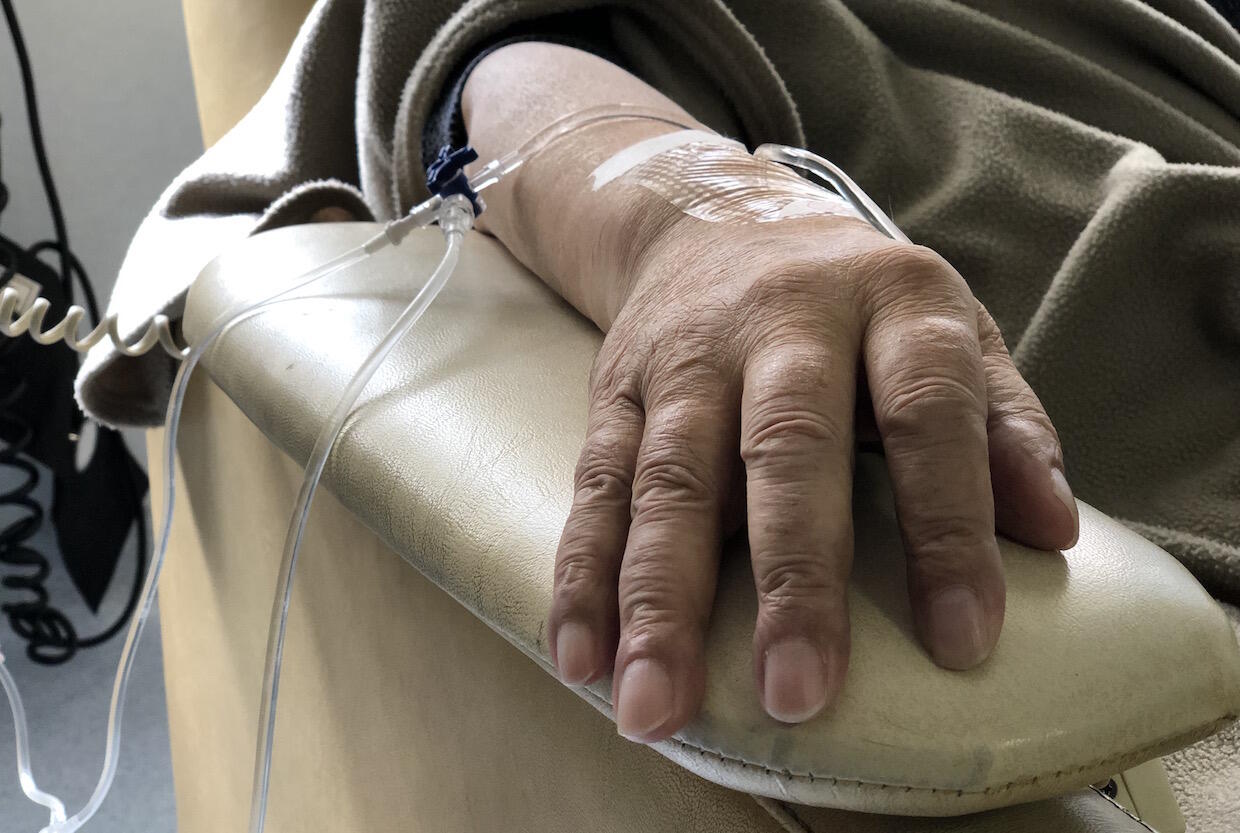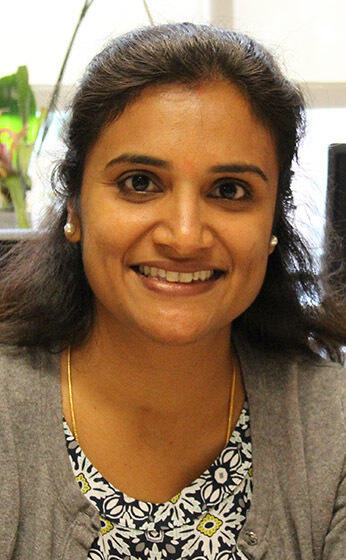
July 24, 2020
Massey researchers are studying how the COVID-19 crisis affects bone marrow transplant patients
Share this story
Researchers at VCU Massey Cancer Center are conducting an online study to understand how the COVID-19 crisis affects the perceptions and experiences of bone marrow transplant patients to identify areas of concern and challenges that could be addressed with available resources.

Co-principal investigators of the study are Massey Cancer Prevention and Control research members Lathika Mohanraj, Ph.D., an assistant professor in the Department of Adult Health and Nursing Systems at the VCU School of Nursing, and Jeanine Guidry, Ph.D., an assistant professor in the Richard T. Robertson School of Media and Culture in the College of Humanities and Sciences. They initiated a research survey to gain an understanding of the bone marrow transplant population’s experience during the pandemic, including their knowledge of COVID-19, their risk perceptions, perceived threat, stress, anxiety, coping ability and intent to adhere to preventive action recommendations.
“The COVID-19 pandemic has affected everyone; however, it has affected cancer patients, particularly bone marrow transplant patients, in a unique way,” Mohanraj said. “These patients are immunocompromised but are also accustomed to practices such as wearing a mask and social distancing due to the transplant process itself. It will be really interesting to understand how they perceive COVID-related recommendations and are coping through this pandemic.”

Bone marrow is the soft, spongy tissue found inside bones and is responsible for the development and storage of blood cells. Bone marrow transplants replace with healthy cells a person’s bone marrow that has been damaged or destroyed by disease or intense cancer treatment. The transplants are often performed to treat leukemias, lymphomas, multiple myeloma, aplastic anemia and immune deficiency disorders. Patients who undergo transplantation have a compromised immune system and are at a significantly increased risk of COVID-19 infection.
“Understanding [the] experiences and perspectives of bone marrow transplant recipients during this pandemic helps us understand how this population perceives stress in addition to their treatment-related stress and their overall ability to cope,” Mohanraj said. “Information from this survey will help us identify areas that could be addressed during potential crises in the future.”
Survey topics include the patient’s physical and mental wellness, ability to access transportation for transplant-related care, participation in telemedicine consultations, access to public health information and financial well-being, among others, as a result of the coronavirus outbreak.
Mohanraj said the survey could also shed light on opportunities to improve support services for patients during prolonged periods of stress or other unanticipated events.
Subscribe to VCU News
Subscribe to VCU News at newsletter.vcu.edu and receive a selection of stories, videos, photos, news clips and event listings in your inbox.







